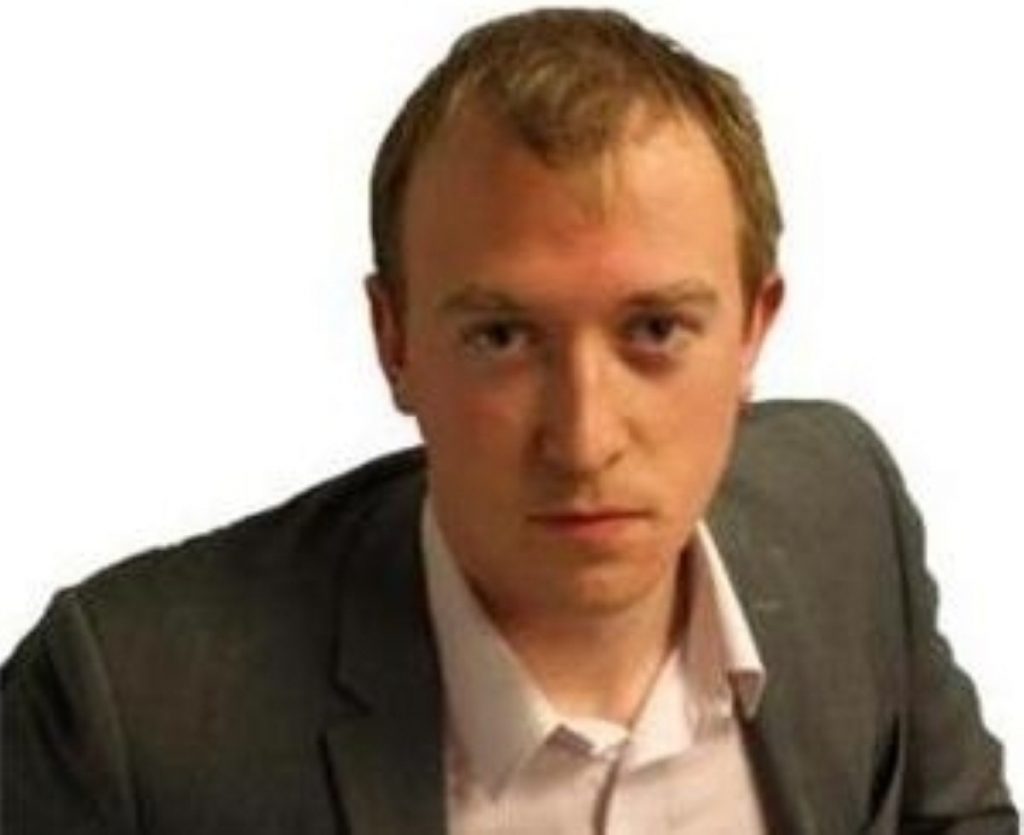Comment: Better late than never for Stafford hospital campaigners
Today’s public inquiry will come as a huge relief to the bereaved families and friends who make up Cure The NHS. For many, though, it has come far too late.
The full horror of what happened at Stafford hospital between 2005 and 2008 has already been published. At least 400 people died as standards plummeted below the unacceptable to the utterly appalling. The Mid-Staffordshire NHS Trust’s management, driven by targets and seeking shortcuts at every corner, betrayed patients’ trust. That much is now clear.
The stories which emerged of patients struggling to survive are simply unthinkable. Some were forced drink water out of vases because they were not provided with liquids. Others were not attended to after soiling themselves. Receptionists were assessing emergency cases in A&E, despite being untrained.


After the Healthcare Commission’s first damning report emerged in March 2009 a group of campaigners united under the Cure The NHS banner. Visiting founder Julie Bailey’s cafe in the centre of Stafford, where the group met for regular meetings, I found a group of ordinary people united by the tragic stories they had to share. Their relationship with Labour MP David Kidney had broken down some time ago, they explained, because he supported the behind-closed-doors probe headed by Robert Francis QC which had been backed by the government.
The Francis inquiry simply didn’t do the job it was supposed to. Cure The NHS were outraged. Only 0.03% of staff at Stafford hospital gave evidence. Those who did were not required to do so under oath. Lawyers representing Cure The NHS were admitted inside, but only on the condition that they signed a confidentiality agreement. The private probe was “completely and utterly inadequate”, I was told.
Shortly after I arrived Andrew Lansley, then shadow health secretary, turned up. Backing their campaign was a no-brainer for a man who had fought against Labour’s target-driven culture from the off. “Oh dear,” he said, rubbing his face and frowning as he listened to Bailey’s complaints. “The issue is getting good leadership,” he said. “It’s about good management.”
Lansley kept his promise and today’s public inquiry is the result. It’s being held under the Inquiries Act 2005, which means witnesses will be compelled to attend. Their evidence will be heard under oath. “I hope this will lead to a big culture change in the NHS,” Bailey told the BBC. “We deserve to know why it was allowed to happen, and whether it could happen anywhere else.”
The public might feel a sense of ‘mission accomplished’ now that the inquiry is taking place. Campaigners will get their answers and ministers will be able to blame their Labour predecessors. For the families of those who unnecessarily lost their lives, though, the inquiry can only offer a modicum of consolation or resolution.
One couple, Frank and Janet Robinson, took me through their story in detail. Their son, John Moore-Robinson, was approaching his 21st birthday when he suffered a cycling accident. After a wait of an hour and ten minutes he was finally seen by a trainee doctor in accident and emergency. He was sent for a chest X-ray, diagnosed with broken ribs, and administered morphine – a drug it subsequently emerged should not have been administered. John was sent home in a wheelchair and was repeatedly vomiting. Back home, he collapsed and died of a ruptured spleen shortly after dialling 999.
“People have got to be accountable for their actions,” John’s father said. “Four years down the line, no one has been held accountable. But someone will – we’re battling. We’re not going away.”
Since our conversation before the general election, events have moved on. The Robinsons showed me a letter written by Mid-Staffordshire PCT’s head of legal services, Kate Levy, which attempted to cover up the consultant’s report admitting negligence. “In my opinion it is self-evident from your report that that is probably the case but I feel such a concluding statement may add to the family’s distress and is not one which I would wish to see quoted in the press,” it stated. The report was not shown to the coroner in John’s inquest. Levy was dismissed following a disciplinary hearing, but Cure The NHS reacted angrily to the news that she was to appeal.
“The majority have just been moved sidewards or have been allowed to retire with their full pension pot,” the most recent post on the Cure The NHS website, complaining about the managers responsible for the failings, stated.
“The lot are disgusting, the days of resigning in shame has gone and today they even have the cheek to appeal when justice has been done.”
After the public inquiry concludes, their underlying anger and frustrations will understandably remain.
The views expressed in politics.co.uk’s comment pages are not necessarily those of the website or its owners.












